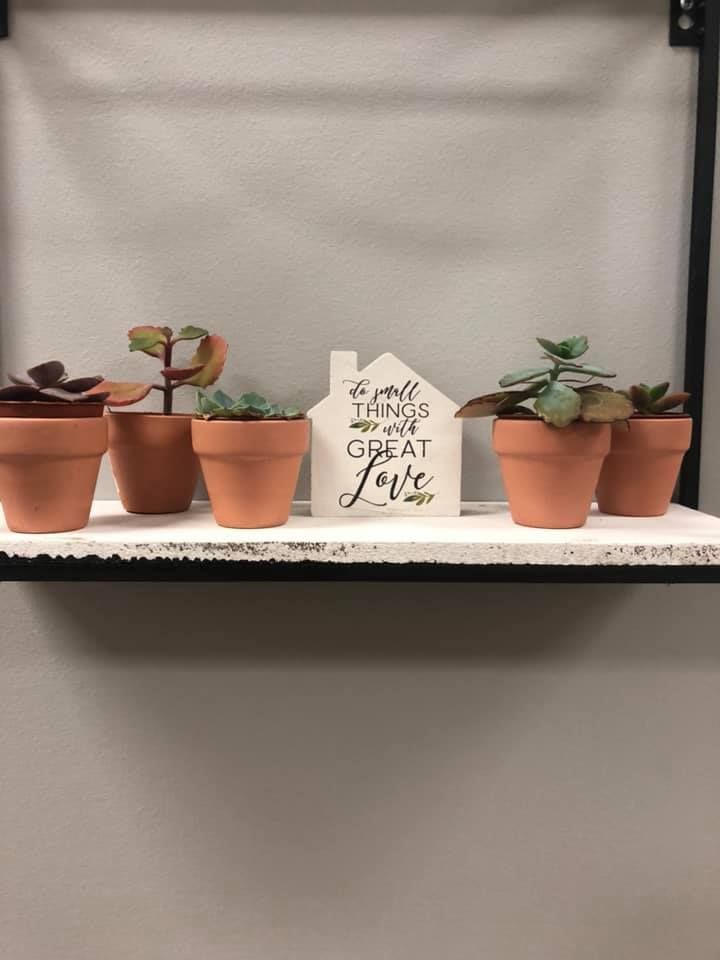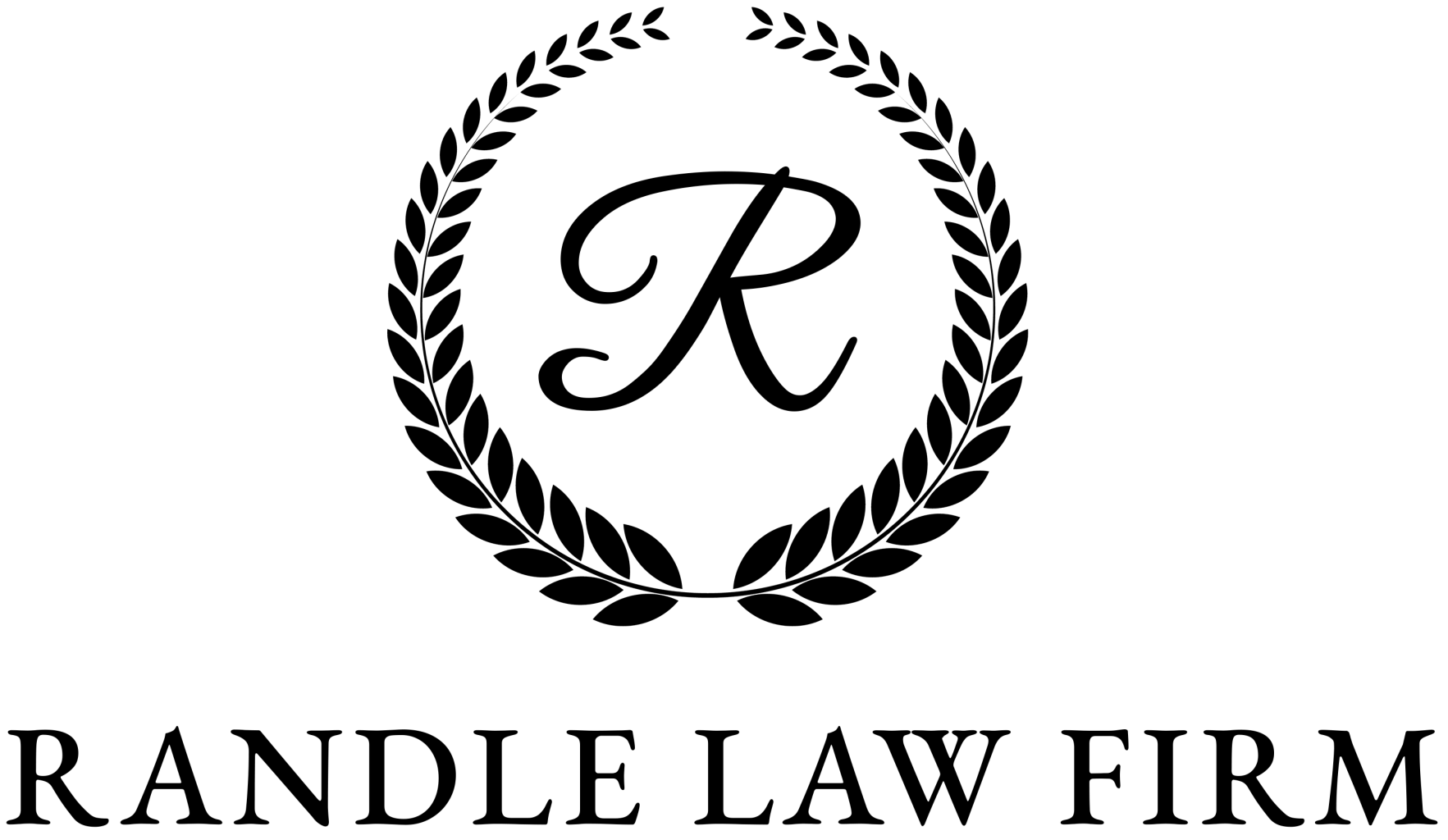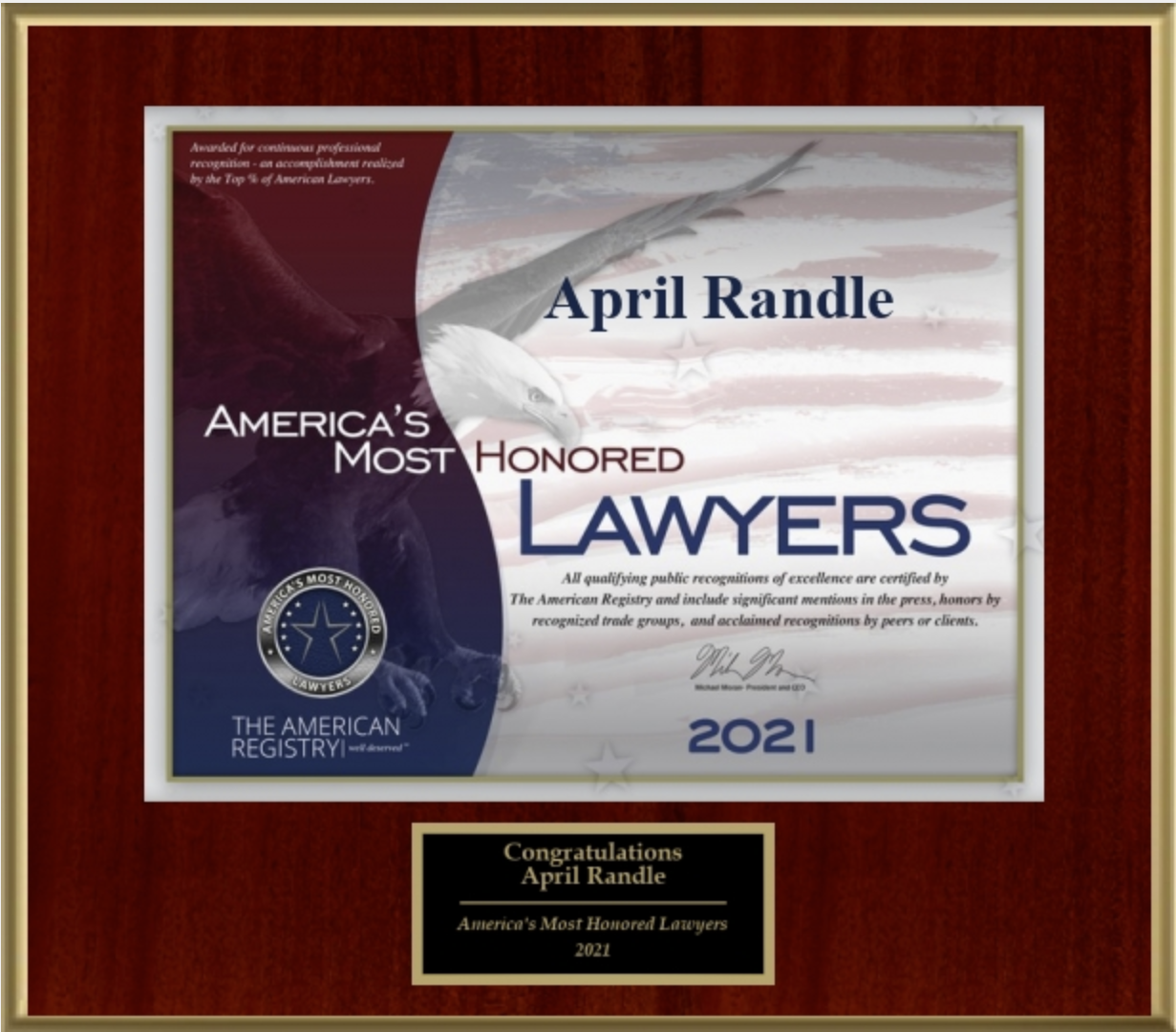Location:
8898 Old Lee Hwy
Suite 106
Ooltewah, TN 37363
Email: april@aprilrandlelaw.com
Phone: 423-521-8000
Fax: 423-521-8001
Estate Planning FAQs
Estate Planning FAQs
What happens if I die without a will in Tennessee?
In the eyes of the law, if you pass away without executing a will, you are said to die “intestate.” In a nutshell, this means that the state of Tennessee will decide how and to whom your property is distributed based on the laws governing intestate succession. Creating a basic will can help ensure that you decide who gets your property after you pass away.
I am not wealthy. Do I really need a will?
Yes. Since we all own something, and we all have wishes that we’d like carried out after we pass away, we all should execute a will detailing these wishes. An individual to whom we’d like to pass on a sentimental family heirloom, a person who we feel comfortable caring for our beloved pet, or perhaps any religious preferences relating to funeral or burial – none of these things are associated with wealth or affluence, but all of them can be very important.
What is a will versus a living will?
A will is a document that outlines your wishes regarding yourself, your children and your property after you pass away. A living will is a document – often referred to as a health care directive – that outlines your specific wishes for your care while you are alive but, due to incapacitation, cannot make such decisions yourself. A directive stating you do not want to be kept alive through a feeding tube or via life support are two common examples many people include in living wills.
Do I need an attorney to draft my will?
Generally, no. However, in order to make sure not only that your exact wishes are outlined in your will but also that all procedural requirements stipulated under the law are met, consulting with an attorney with knowledge in estate planning in your location is the best way to ensure your will holds up after you pass away.
What are the main documents that make up an Estate Plan?
There are five main documents that comprise an estate plan. Each document can be as simple or as complex as needed based on the goals of the person creating the plan. The five documents include: a General Durable Power of Attorney (financial matters), Power of Attorney for Health Care, Last Will and Testament, Advance Care Directive, and a Revocable Living Trust.
Does Estate Planning only cover what happens upon a person's death?
No. Although making arrangements for what happens upon death is a major component of estate planning, a complete plan takes into account times during life where a person may become incapacitated or needs help in making various decisions, such as assistance with financial affairs, health care needs, and daily living arrangements.

I definitely recommend Mrs. Randle for your needs requiring an attorney.
-Tasha L.
MashIt
Extremely kind, straight forward and helpful. Looking forward to working with her and her law firm.
-Rebekah C.
FabuFit
Friendly, confidential, personalized service, and exceptional rates make April's firm an excellent choice for your legal needs 10/10!
-D. W.
YesSuits-

Awesome people to work with! Go above and beyond. Very responsive and very efficient.
- Chris
Button 
April and her staff are wonderful. When we needed some help with our business and understanding the laws in regards to business she was amazing and helped us so much!
-Marcie
Button-

April is too real to be a lawyer.
-Danny
Button 

Slide title
 Button
Button Button
Button Button
Button
Communications Preferences
If you are new to our office, please use our initial contact email link to schedule an appointment or request information.
Active Clients - Feel free to use the Client Portal for secure texting, messaging, appointment requests and document or information upload/review. You may also contact us by email.
In Person Office Visits - By Appointment Only
8898 Old Lee Hwy
Suite 106
Ooltewah, TN 37363
Law Office of April Randle, PLLC. All Rights Reserved.







